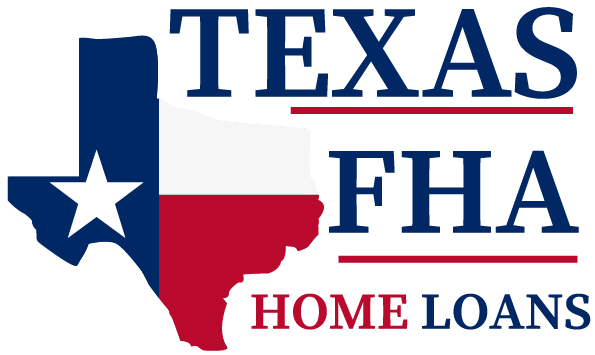
FHA loans are some of the easiest home loan options to qualify for. Aside from the less stringent qualification requirement, you can get an FHA loan with just 3.5% down payment, as opposed to the 20% for regular mortgages.
The FHA loan is a government-backed mortgage, specifically by the HUD. This means that lenders funding these loans have to be approved. Still, there are hundreds, even thousands, of FHA loan lenders across the country.
When looking for a mortgage, you’ll likely encounter a variety of lenders, including both online and local institutions, each with its own set of benefits and advantages.
Asking these questions will help you decide which FHA lender is the best for you.
1. Do you have any prior experience with FHA loans?
You want to pick a lender who has relevant experience with your situation. If you have a high debt-to-income ratio or underwent foreclosure before, find a lender who has experience with these types of scenarios.
Working with a seasoned FHA mortgage lender can also help you go through the process more quickly. Some even participate in state-specific down payment assistance (DPA) programs. Check with your lenders to see if they participate in any and if you qualify.
2. Which FHA loan product is best for me?
There are several types of FHA loans. You have FHA purchase loans, FHA rate-and-term refinance loans, FHA cash-out refinance loans, FHA streamline refinance loans, and other FHA home loans products to choose from.
That being said, one of the first questions you should ask lenders is which FHA home loan is ideal for you, all things considered. A good FHA mortgage lender will walk you through your alternatives and provide a fitting recommendation.
3. Can you give me a loan estimate?
Request multiple loan estimates from various lenders so that you can compare quotes and select the best deal for you. Just because they’re all FHA lenders does not mean they have the same rates and fees.
Once you get a hold of the estimate, make sure that the details (such as the amount you’re borrowing, the type of interest rate, etc.) are right and reflect what you discussed with the lender.
4. Is the mortgage fixed-rate or adjustable-rate?
It’s crucial to understand interests up front because this can have a large impact on how much your loan is going to cost you. If your loan’s interest rate is variable, your monthly payments may increase if interest rates rise in the future. If the rate is fixed, you will not be able to take advantage of lower interests in the future.
If a lower interest rate is one of your top priorities for your new home loan, an ARM (adjustable-rate mortgage) loan may be right for you. However, don’t apply for an ARM loan unless you have a long-term strategy for dealing with interest rate adjustments after the introductory period ends.
Discuss with your lender what type of rate is best for your individual situation.
5. How much is the closing costs?
The additional costs associated with purchasing a home can quickly deplete your budget, so it is wise to ask your lender to break down the total costs for you, including any transaction fees, settlement charges, broker fees, and so on. This way, you’ll have a fair sense of how much you’ll be paying out the door.
Also, make sure to ask which closing charges can be financed and which are not. Remember that under FHA loans, your down payment is completely different from your closing expenses.
6. Will I be penalized if I pay off my loan early?
Prepayment penalties on loans are costs that lenders may impose in their conditions to guarantee that you pay a set level of interest on your loan before you can pay it all off.
As a result, paying off your debt early may actually cost you more.
Prepayment or refinancing penalties vary by loan, but they can be significant. If you believe you will be in a position to pay off your loan sooner than expected, a penalty-free loan may be in your best interests.

